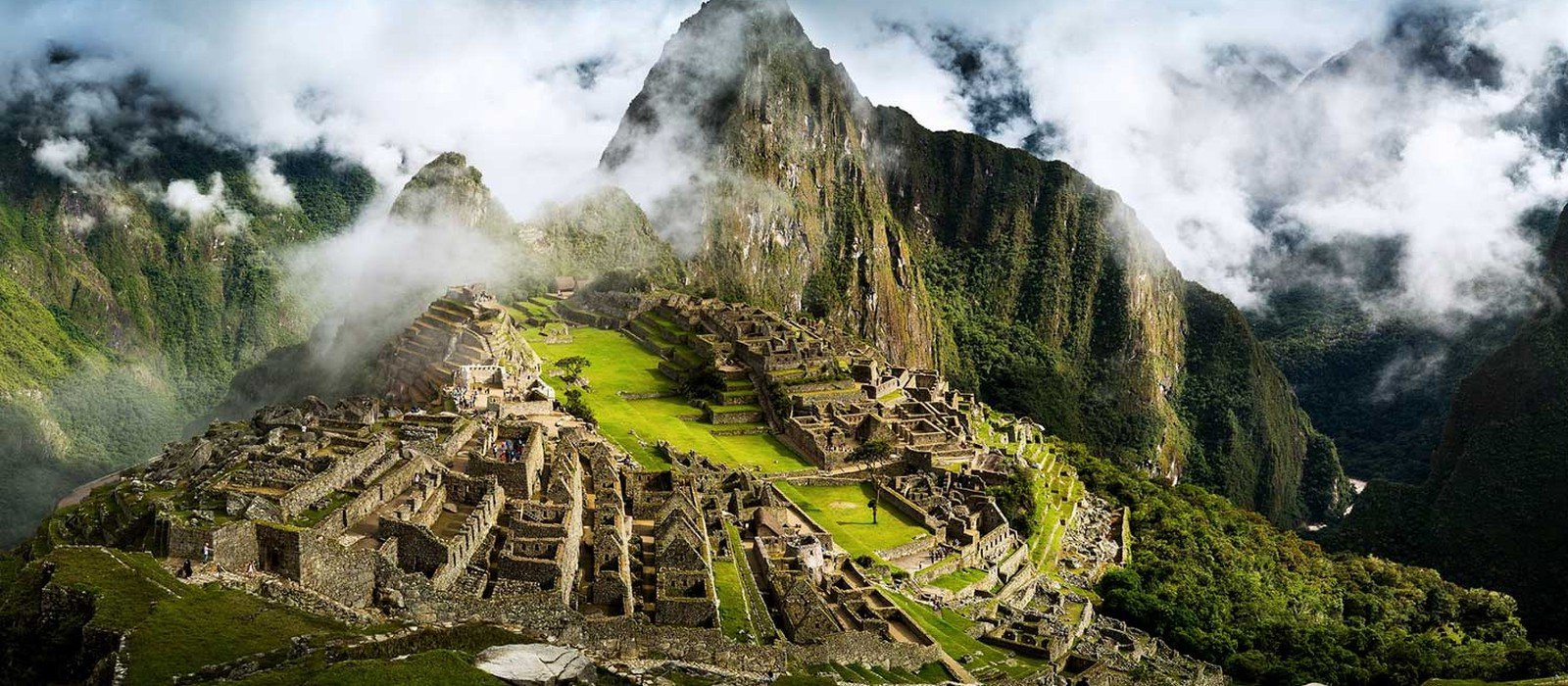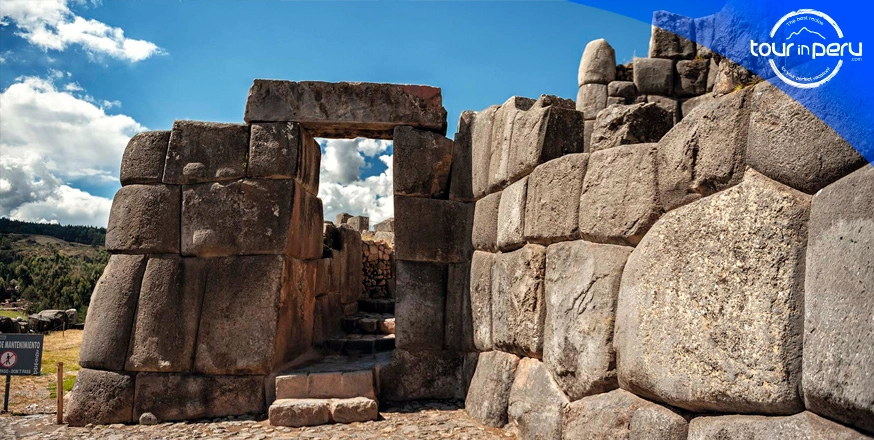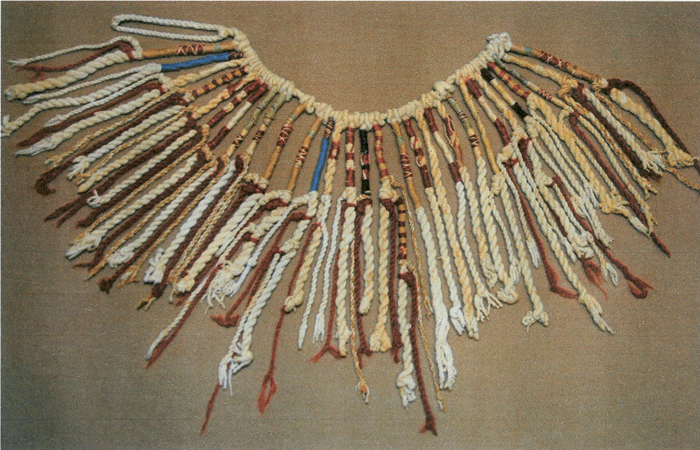First constructed around 4,500 years ago by ancient cultures across the region, they were perfected by the Inca, who emerged in the 12th Century and were masters of adopting and adapting
Did the Incas have writing or records? If so, what were they made of and how were they stored? – Quora
By Daniel Stone. Published April 19, 2017. • 6 min read. A discovery made in a remote mountain village high in the Peruvian Andes suggests that the ancient Inca used accounting devices made of

Source Image: valenciatravelcusco.com
Download Image
The Inka of the Andean region of South America developed the largest native empire in the Americas, a region that included mountains, jungles, and desert coasts. They built impressive monuments and ruled diverse peoples, yet they did this without a way of writing. What the Inka did use was the khipu (or quipu in Spanish), a knotted string record-keeping device, leading some people to ask: what

Source Image: peruforless.com
Download Image
Did the Incas have writing or records? If so, what were they made of and how were they stored? – Quora
By the time of the Inca Empire, a device called the Khipu (also known as Quipu) had developed, a s ystem of using knotted and coloured strings to record information. These Khipus would be carried by Inca messengers across the Empire to transmit messages and deliver important communications. Picture of a Khipu from the Khipu Database Project website

Source Image: unravellingmag.com
Download Image
The Incas Developed A Record-Keeping System Using
By the time of the Inca Empire, a device called the Khipu (also known as Quipu) had developed, a s ystem of using knotted and coloured strings to record information. These Khipus would be carried by Inca messengers across the Empire to transmit messages and deliver important communications. Picture of a Khipu from the Khipu Database Project website
Sep 21, 2022Credit: Milesi Ferretti Millions of visitors travel to see the Inca structures of cut stone that are found in Cuzco, Peru, and at the archaeological site of Machu Picchu. As a Hispanic mechanical engineer, my visit sparked a desire to better understand the science behind these remarkable Inca structures.
The Khipus of the Incas | Unravel Magazine
The Inka Empire Recorded Their World In Knotted Cords Called Khipu The great South American civilization used complex knots and fibers for record-keeping and communication. By Bridget Alex Jan 4, 2019 6:47 AMNov 11, 2019 9:36 PM
Multimedia Gallery – Record-keeping Khipu | NSF – National Science Foundation

Source Image: nsf.gov
Download Image
5 Fascinating Facts About the Inca Civilization
The Inka Empire Recorded Their World In Knotted Cords Called Khipu The great South American civilization used complex knots and fibers for record-keeping and communication. By Bridget Alex Jan 4, 2019 6:47 AMNov 11, 2019 9:36 PM

Source Image: tourinperu.com
Download Image
Did the Incas have writing or records? If so, what were they made of and how were they stored? – Quora
First constructed around 4,500 years ago by ancient cultures across the region, they were perfected by the Inca, who emerged in the 12th Century and were masters of adopting and adapting
Source Image: quora.com
Download Image
Did the Incas have writing or records? If so, what were they made of and how were they stored? – Quora
The Inka of the Andean region of South America developed the largest native empire in the Americas, a region that included mountains, jungles, and desert coasts. They built impressive monuments and ruled diverse peoples, yet they did this without a way of writing. What the Inka did use was the khipu (or quipu in Spanish), a knotted string record-keeping device, leading some people to ask: what
Source Image: quora.com
Download Image
KHIPU – THE CENTRAL ANDES WRITING SYSTEM | Tempo Ameríndio
This ancient “operating system,” called quipus, dates back to 2600 BCE. “They were like early computers, early counting machines,” says author and four-time Emmy-award winning documentary filmmaker Kim MacQuarrie. Quipus were a system of knotted strings that stored data and communicated information. Cultures across the ancient Andean

Source Image: ancientamerindia.wordpress.com
Download Image
Inca Bridges: Explore these History and Engineering Feats (2024) – Cachi Life | Peru Tours | Peru Travel Experts
By the time of the Inca Empire, a device called the Khipu (also known as Quipu) had developed, a s ystem of using knotted and coloured strings to record information. These Khipus would be carried by Inca messengers across the Empire to transmit messages and deliver important communications. Picture of a Khipu from the Khipu Database Project website

Source Image: cachilife.com
Download Image
Aztec, Maya, & Inca Civilization Advancements Task Cards | Social studies lesson, High school history classroom, Upper elementary resources
Sep 21, 2022Credit: Milesi Ferretti Millions of visitors travel to see the Inca structures of cut stone that are found in Cuzco, Peru, and at the archaeological site of Machu Picchu. As a Hispanic mechanical engineer, my visit sparked a desire to better understand the science behind these remarkable Inca structures.

Source Image: pinterest.com
Download Image
5 Fascinating Facts About the Inca Civilization
Aztec, Maya, & Inca Civilization Advancements Task Cards | Social studies lesson, High school history classroom, Upper elementary resources
By Daniel Stone. Published April 19, 2017. • 6 min read. A discovery made in a remote mountain village high in the Peruvian Andes suggests that the ancient Inca used accounting devices made of
Did the Incas have writing or records? If so, what were they made of and how were they stored? – Quora Inca Bridges: Explore these History and Engineering Feats (2024) – Cachi Life | Peru Tours | Peru Travel Experts
This ancient “operating system,” called quipus, dates back to 2600 BCE. “They were like early computers, early counting machines,” says author and four-time Emmy-award winning documentary filmmaker Kim MacQuarrie. Quipus were a system of knotted strings that stored data and communicated information. Cultures across the ancient Andean